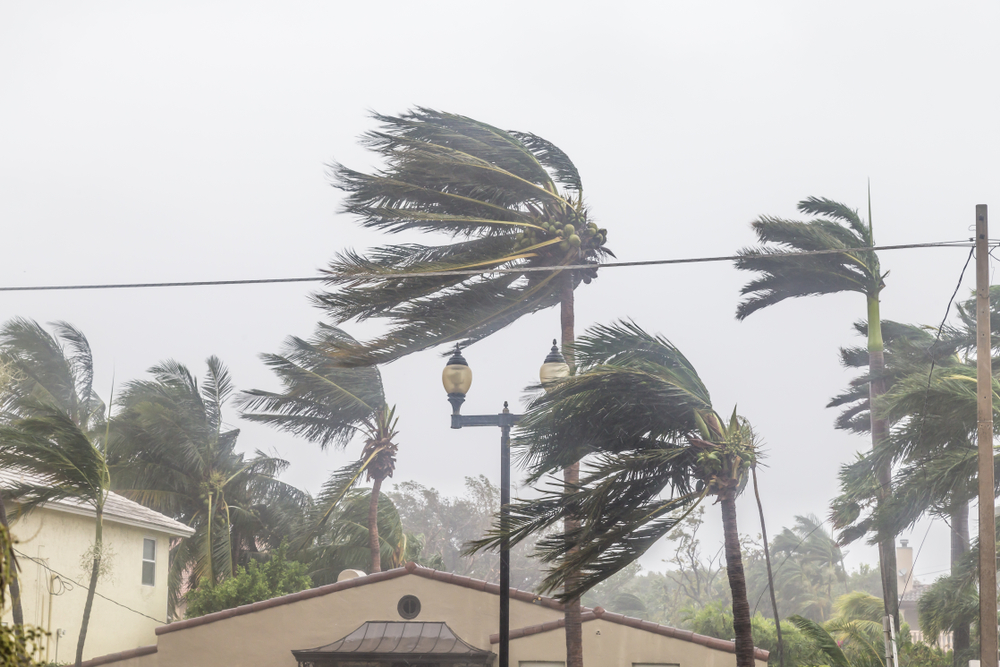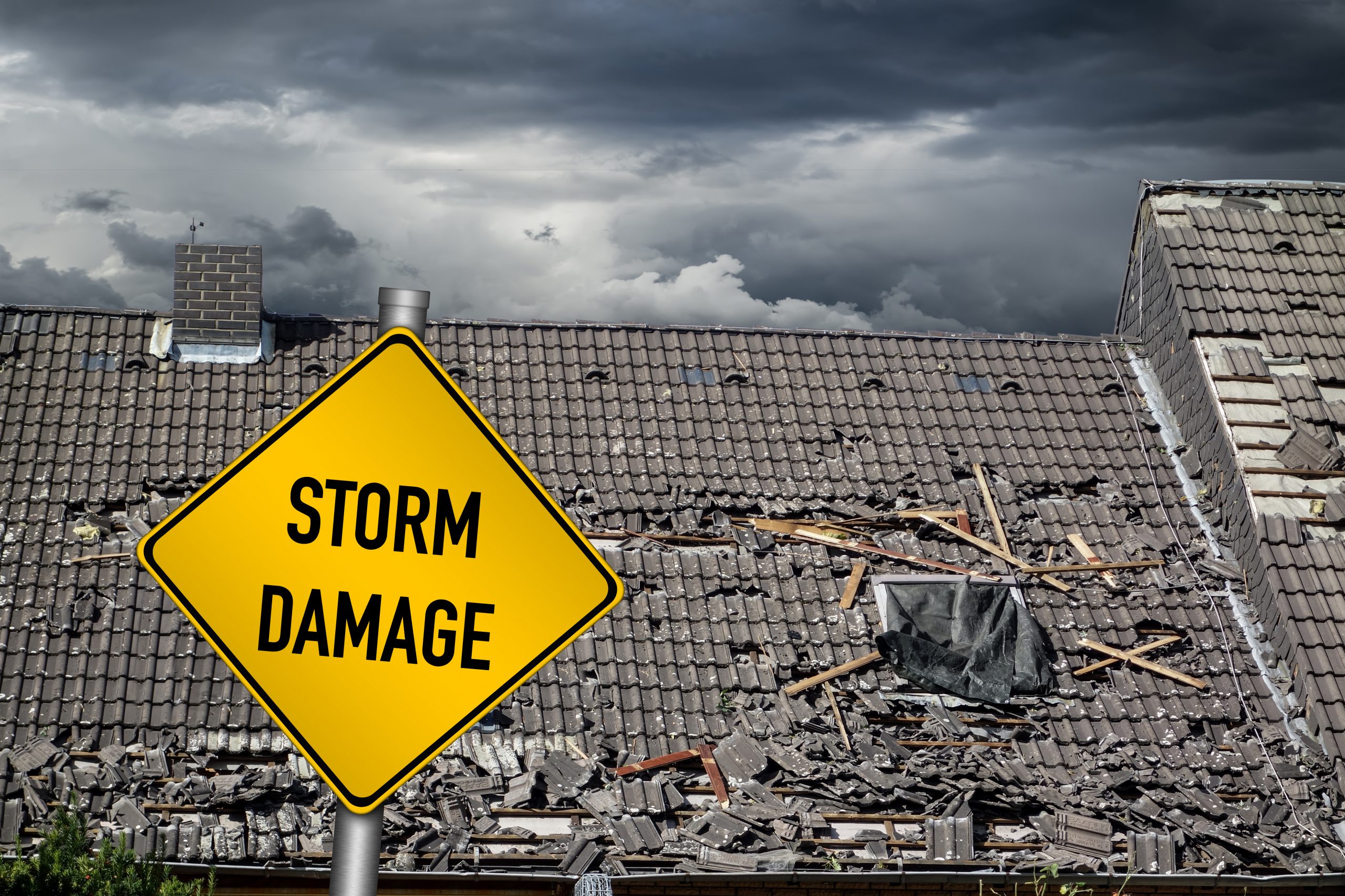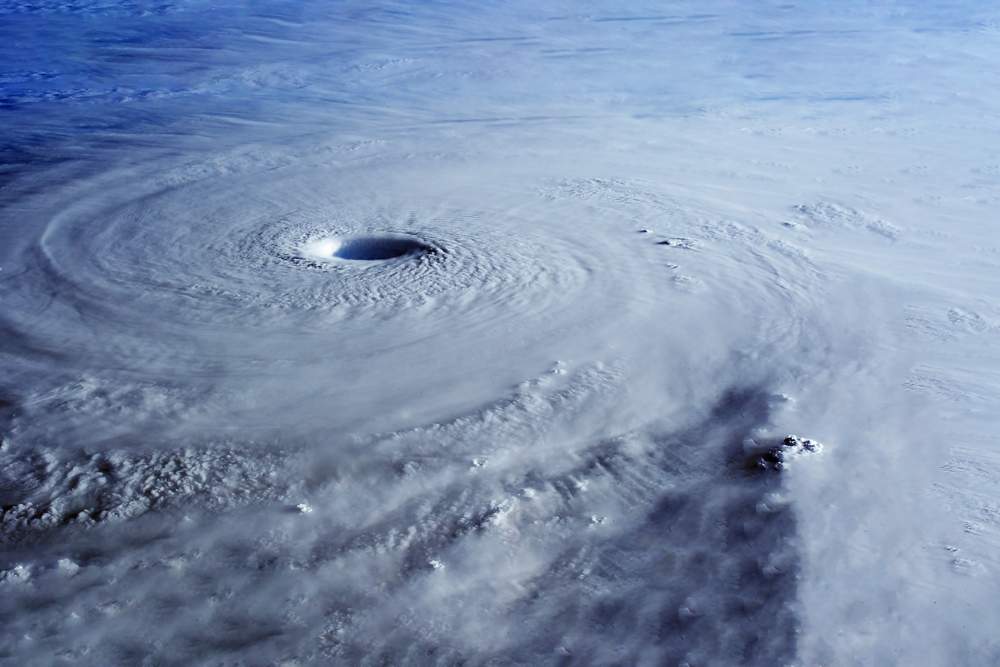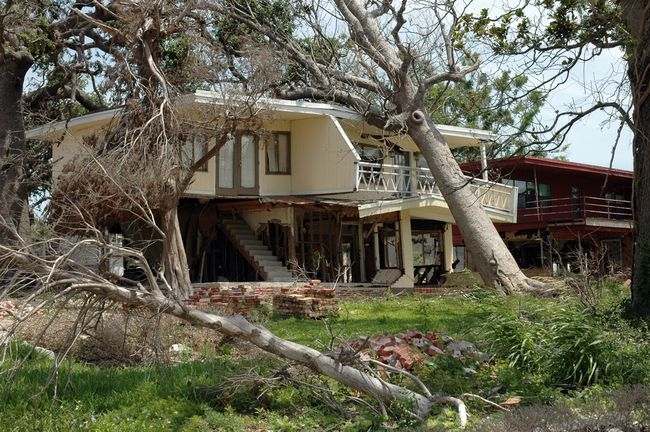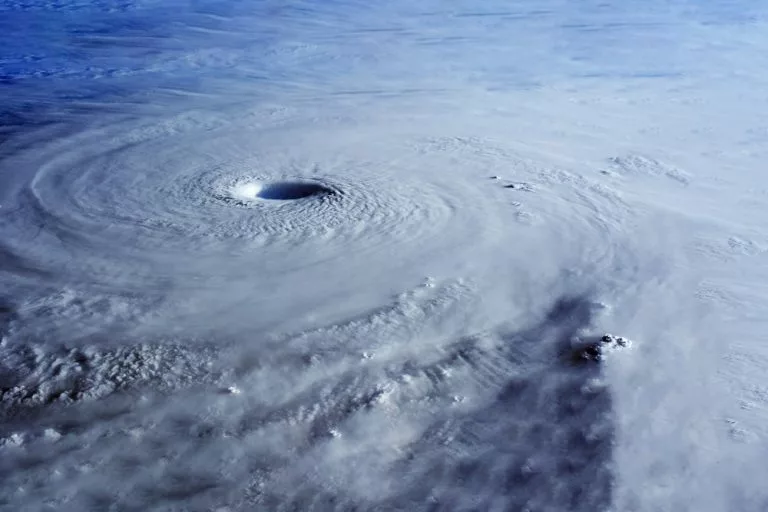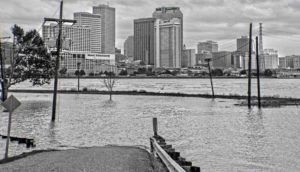
The lessons learned as a result of Hurricane Katrina were both practical and educational. The biggest lesson was, by far, that, as individuals, businesses, lawyers and law makers, we were unprepared for any major catastrophe. Individually and as businesses, we failed to document our assets properly. We failed to have the proper insurance that covered the losses sustained, and because of these failures, we were unable to fully maximize recovery for the losses sustained. As lawyers and lawmakers, we failed in protecting our clients and the citizens of Louisiana by insuring that our laws protected us against insurance companies’ bad faith in failing to timely and adequately compensate for the losses sustained. Unfortunately, it took one of the worst man-made and natural disasters in order for us to learn for the benefit of others what we need to do individually, professionally and as a society to prepare for such disasters. Hopefully, our failures will lead to others being prepared for future events.
Individual and Business Protection
It all starts with you. How do you protect yourself in cases of mass disaster? The first step is to ensure that you have proper insurance coverage and the ability to prove your losses when a disaster strikes. While you all have insurance, you must make sure that that insurance will actually cover you for any potential losses that may be sustained. In Katrina (and as we have seen in Sandy), we learned the insurance we had was insufficient.
In a hurricane or super storm, there are damages caused by wind, by flood and by a combination of both. Damages sustained solely by wind would be covered under your general homeowner’s or business policy. Damages sustained by flood are covered solely under your flood insurance policy. Damages caused by a combination of wind and water may be covered by either policy, or a combination of both, depending on the definitions in the policy.
In Louisiana, it was determined that any significant water coming from below, whether driven by wind, surge, failures of levees or otherwise, was defined as flood and covered solely by flood insurance. Your standard homeowner’s policy would not cover those flood damages. I suspect many victims of Super Storm Sandy experienced a similar coverage for damages caused by surge. Therefore, it is imperative that everybody who owns a home or business have flood coverage. Flood coverage is necessary despite the fact that you may not live in a flood zone or by a body of water. Many victims of Katrina did not live in a flood zone, yet sustained flood damage of many, many feet. Those Katrina victims who did not have flood insurance, and were determined to be damaged by flood, were denied any coverage.
Once you have flood insurance, you must understand what and how much it covers. Standard flood insurance offered by the National Flood Insurance Program for individual homes covers $250,000 for the premises and $100,000 for the contents, with a $1,000 deductible for both coverages – nothing more. Therefore, if you have the option, excess flood insurance is available (although many insurance agents were unaware of its availability prior to Katrina) and should be purchased if needed. Your business can obtain $500,000 of premises coverage and $250,000 of contents coverage. Businesses can also purchase excess flood insurance.
It is extremely important to monitor the adjusters who are adjusting both your wind and flood claims. The homeowner’s carriers are typically privately owned insurers. If you sustained both wind and flood damage, these homeowner carriers will attempt to place as much of the damages on the flood insurer order to offset the damages the private insurer must pay. This allows the government through the National Flood Insurance Program to pick up as much of the tab as possible, thus, saving the privately owned insurers a tremendous amount of money.
An annual review of your policies is as important as an annual physical for persons over the age of 40 years old. Your personal and business situations change annually, and your policy needs to be adjusted accordingly.
What information should be considered in your annual policy review?:
- What coverages do I have?
- What is the deductible? Is there a special hurricane deductible? When does the hurricane deductible come into effect?
- Do I have an “actual cash value” policy or a “replacement cost value” policy? The difference could result in significant difference in payment from the insurance carrier.
- What is excluded from policy? Certainly, flood will be excluded from a homeowner’s and standard business policy. Consider what other exclusions are written into that policy that would affect either your personal or business claim. Do you have an integral part of your business that is excluded from your policy?
- Are necessary living expenses covered in the policy in case you must leave your home for an extended period of time?
- Are emergency business operating expenses covered in the policy to allow you to continue operating at another location?
- Do you have “other structures” that are not part of your main home or business such as storage facilities, garages or warehouses that need to be covered and may not be covered under your policy?
- Is civil authority (the Government forcing you to leave the area and damages you sustain as a result of that forced evacuation) covered under the policy?
- Is a power loss covered under the policy and what types of power losses are covered? For instance, if the power just goes out, typically it is not covered. However, if you have actual damage to the lines coming into your building, it may be covered.
Each of these must be annually and carefully reviewed with your insurance agent/broker and the advice given you by that agent/broker documented. Failure to do so may result in significant losses that are not covered. Your agent/broker is the expert and should be able to provide you the type of coverage necessary after a review of your personal and business situation.
Just like an annual review of your insurance coverage, you must do an annual review of your home, its contents, your business, your inventory, your accounts receivable, and any integral business component to ensure that when you make a claim for damage, you are able to prove the losses sustained. This should include inventory lists, photographs and videos stored at the location that is not your home/business. In Louisiana, those annual reviews of your policy and assets are performed just before the start of hurricane season in June.
After the storm you must be careful about who you hire to adjust your claim and to repair the damages sustained. Public adjusters will flock to the scene of the disaster looking to charge a contingency fee of ten (10%) percent of any recovery that they are able to obtain for your losses. Just like in any business, there are good public adjusters, and there are bad public adjusters. Proceed with caution, and do not sign any Release until you believe you have been fully compensated.
Also be careful with the contractors you choose to repair your property. Those contractors will be stretched very thin. There will not be enough contractors to sufficiently repair the entire area. Be careful of how much money you give these contractors up front and vet them thoroughly.
Legal and Societal Protections
We learned that the laws that govern the bad faith actions of insurance companies were not sufficient to force insurance companies to quickly and fairly adjust losses. The laws in each State must be reviewed to ensure that the insurance companies will quickly and fairly adjust claims. Failure of the state legislatures to sufficiently protect the consumer will result in the insurance company dragging its feet and low-balling claims. Without provisions for damages for the bad faith adjustment of claims, including attorney’s fees and penalties for this conduct, will result in the second disaster. The failure to quickly and fairly pay claims.
While a man-made or natural disaster can be terrible for you individually and for your business, there are many things you can do to lessen the damage. Prepare for the storm and hope it does not come. Pass sufficient bad faith insurance laws to ensure a second disaster does not occur.
Free Case Evaluation
More About HHK
Other Hurricanes & Natural Disasters News
It’s officially hurricane season, meaning Louisiana is vulnerable to storms […]
At HHK, we understand how devastating hurricanes and natural disasters […]
Hurricane season may be off to a slow start, but […]
Hurricane season in Louisiana is in full swing, and forecasters […]
Each year, Louisiana endures multiple hurricanes that devastate communities throughout […]
Many severe hurricanes have impacted Louisiana. Just last year, Hurricane […]

